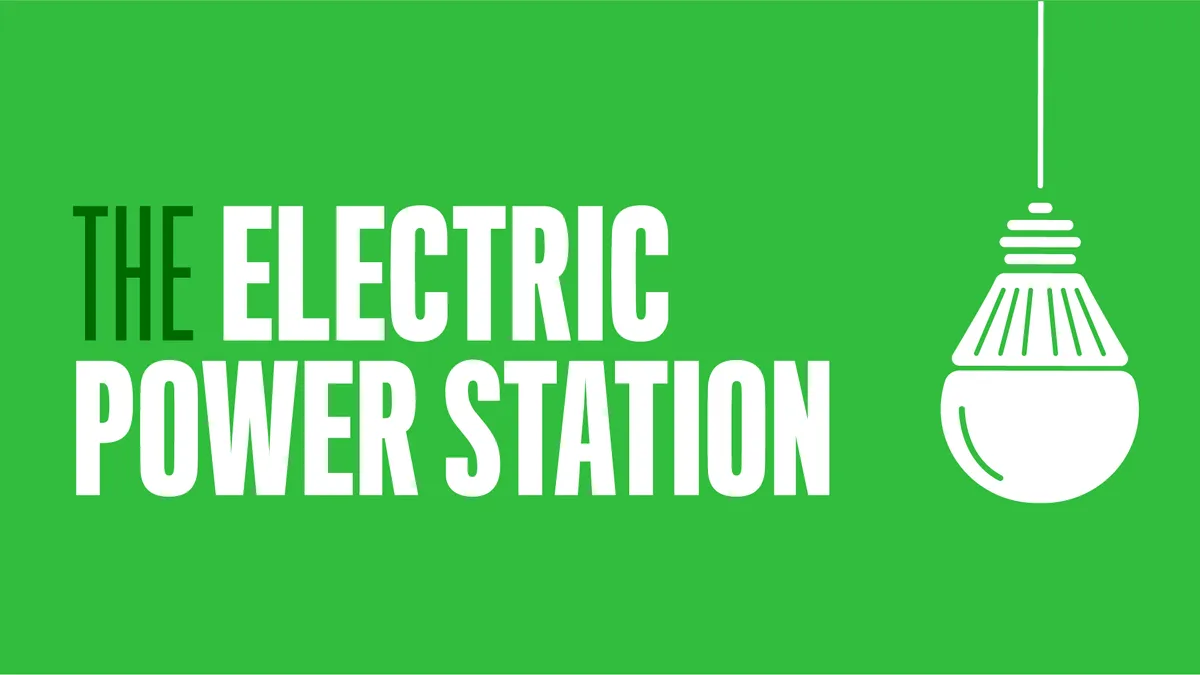President Donald Trump's Fiscal Year 2020 budget proposal, released last week, again called for deep cuts to the Office of Energy Efficiency and Renewable Energy (EERE) at the Department of Energy (DOE).
The request, turned down twice by Congress, has become a theme in the White House's annual budget — one particularly familiar to the office's new director, Assistant Secretary Dan Simmons.
Confirmed to his position by the Senate in January, Simmons previously worked for the Institute for Energy Research (IER), an industry-backed think tank, and its lobbying arm, the American Energy Alliance. In 2015, while Simmons was the IER vice president for policy, the groups called for the elimination of the EERE office, along with deep cuts to other DOE programs.
In an interview with the Electric Power Station last week, Simmons acknowledged his former organization's call to cut the office, but distanced himself from the 2015 article that stated the position.
"I've never advocated for the elimination of the office, me personally, nor have I made that argument internally," Simmons said. "I did work for the American Energy Alliance. I did not write that."
The assistant secretary went on to say that he is prepared to administer the office's full programming — including ARPA-E and the Loan Programs Office — if Congress funds them again.
"We definitely support the goals and the mission of the office," Simmons went on to say. "It is by far the office with I think the best portfolio of any of the offices in the Department of Energy because there is a lot of excitement, a lot of interest and a lot of change in the technologies we work on."
Before IER, Simmons was director of the Natural Resources Task Force at the American Legislative Exchange Council, a policymaking forum for industry and conservative lawmakers. During his tenure, he co-authored a report for policymakers that misstated key aspects of climate science.
Asked about climate last week, Simmons sidestepped scientific topics, instead focusing on the economic competitiveness of clean energy technologies.
"I see the issue as one of energy affordability," he said. "Energy affordability is my top priority for the office. When we reduce the cost of wind and solar, people are going to adopt those technologies. When we reduce the cost of EVs, people are going to adopt those technologies."
Hear more of Simmons' views on climate, energy research, DOE's 16 delayed efficiency standards and more in the podcast, recorded at the CERAWeek energy conference in Houston.


 Podcast
Podcast











